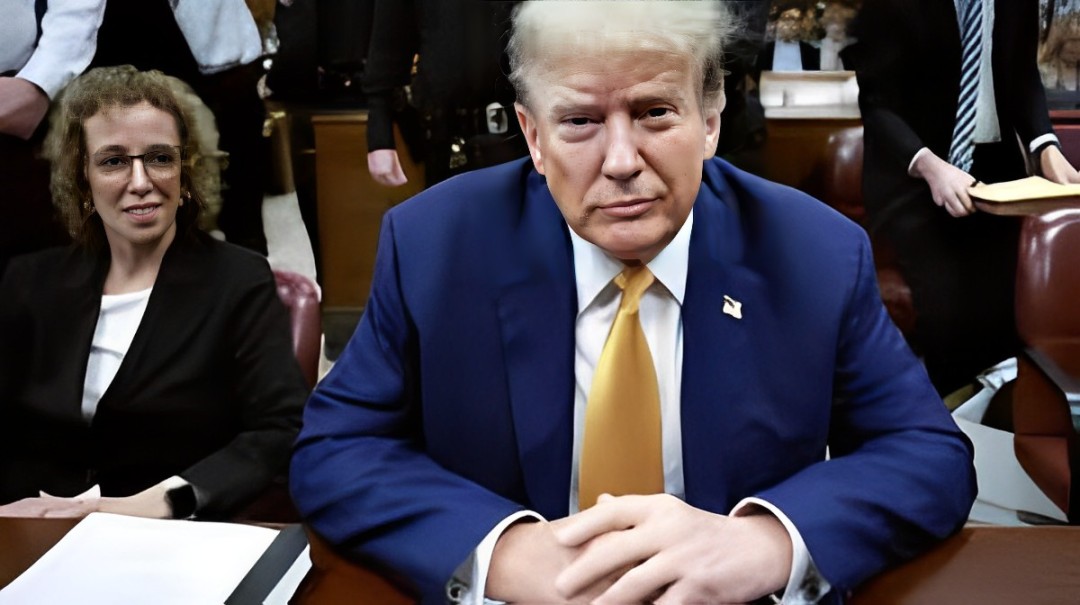
Published at: December 4, 2024 10:36 AM
Updated at: December 5, 2024 12:14 AM
Trump Cites Hunter Biden Pardon in Effort to Dismiss Criminal Conviction
Attorneys for U.S. President-elect Donald Trump have filed a motion to dismiss his historic criminal fraud conviction, referencing President Joe Biden’s recent decision to pardon his son, Hunter Biden. The legal filing, released Tuesday, contends that Biden’s rationale for the pardon highlights selective prosecution within the Department of Justice (DOJ), mirroring Trump’s own defense claims.
The case draws renewed attention to Hunter Biden, who was pardoned by his father on Sunday following convictions earlier this year for tax evasion and illegal firearm possession. President Biden justified the pardon by arguing that his son was "selectively, and unfairly, prosecuted" solely due to his familial connection. Trump’s legal team leveraged this argument, suggesting it underscores bias within the DOJ that also affected Trump.
“This is an extraordinary admission by President Biden, effectively condemning his own Department of Justice,” the introduction of Trump’s motion reads. The document continues to argue that the DOJ’s handling of Trump’s case was part of a politically motivated effort, describing it as an "election-interference witch hunt."
The 69-page filing also invokes legal precedents, including the doctrine of presidential immunity—which protects presidents for "official acts" conducted while in office—and provisions of the Presidential Transition Act. Trump’s attorneys argue that these legal frameworks support the immediate dismissal of the indictment and the vacating of the jury’s verdict.
Trump, 78, was convicted in May on 34 counts of falsifying business records. The charges stemmed from his alleged efforts to conceal a $130,000 payment to adult film actress Stormy Daniels during the final weeks of the 2016 presidential campaign. Prosecutors argued the payment was intended to silence Daniels about an alleged extramarital affair, preventing potential damage to Trump’s campaign. Trump has consistently denied the affair.
The presiding judge, Juan Merchan, indefinitely postponed Trump’s sentencing on November 22, following Trump’s victory in the November 5 presidential election. Merchan now faces the decision of whether to dismiss the case entirely or delay legal proceedings until after Trump’s upcoming presidential term, which begins on January 20.
Manhattan District Attorney Alvin Bragg, who led the prosecution, has acknowledged the unique challenges posed by Trump’s electoral victory. While Bragg has not endorsed dismissing the case outright, he has suggested delaying legal consequences may be appropriate given the “unprecedented circumstances.”
The filing is the latest legal maneuver in a high-stakes battle that intertwines Trump’s personal, legal, and political challenges. It underscores ongoing debates over the impartiality of the DOJ and the role of legal accountability for presidents and their families.
As the nation awaits Judge Merchan’s decision, Trump’s legal team remains steadfast in its claim that the charges are politically motivated, echoing themes that have dominated Trump’s rhetoric since the case began. The parallels drawn between Trump’s legal troubles and Hunter Biden’s pardon add another layer of complexity to an already contentious legal and political landscape.
Share to